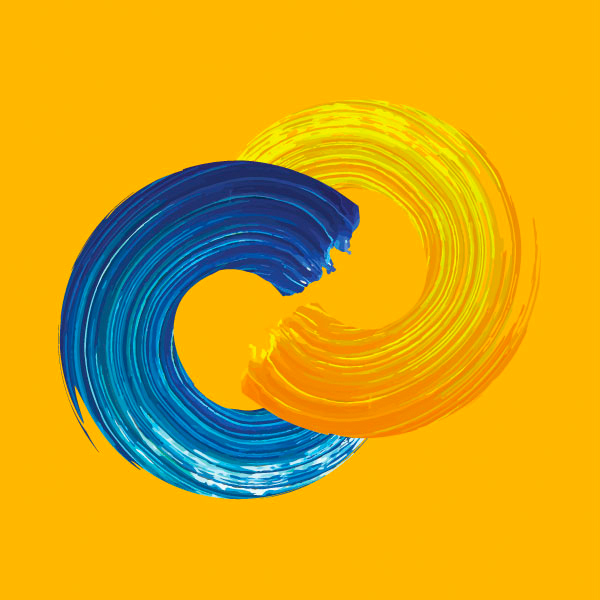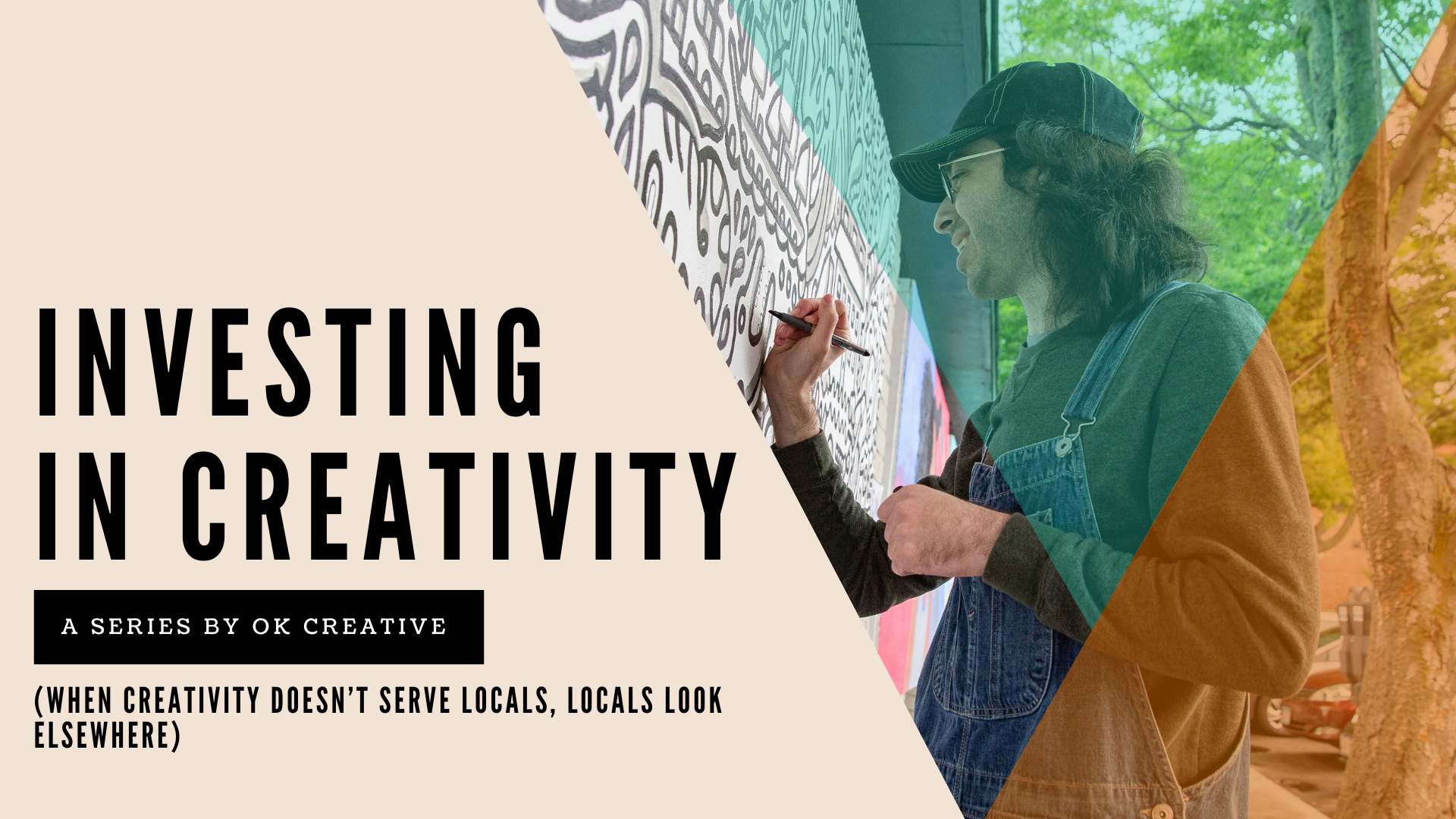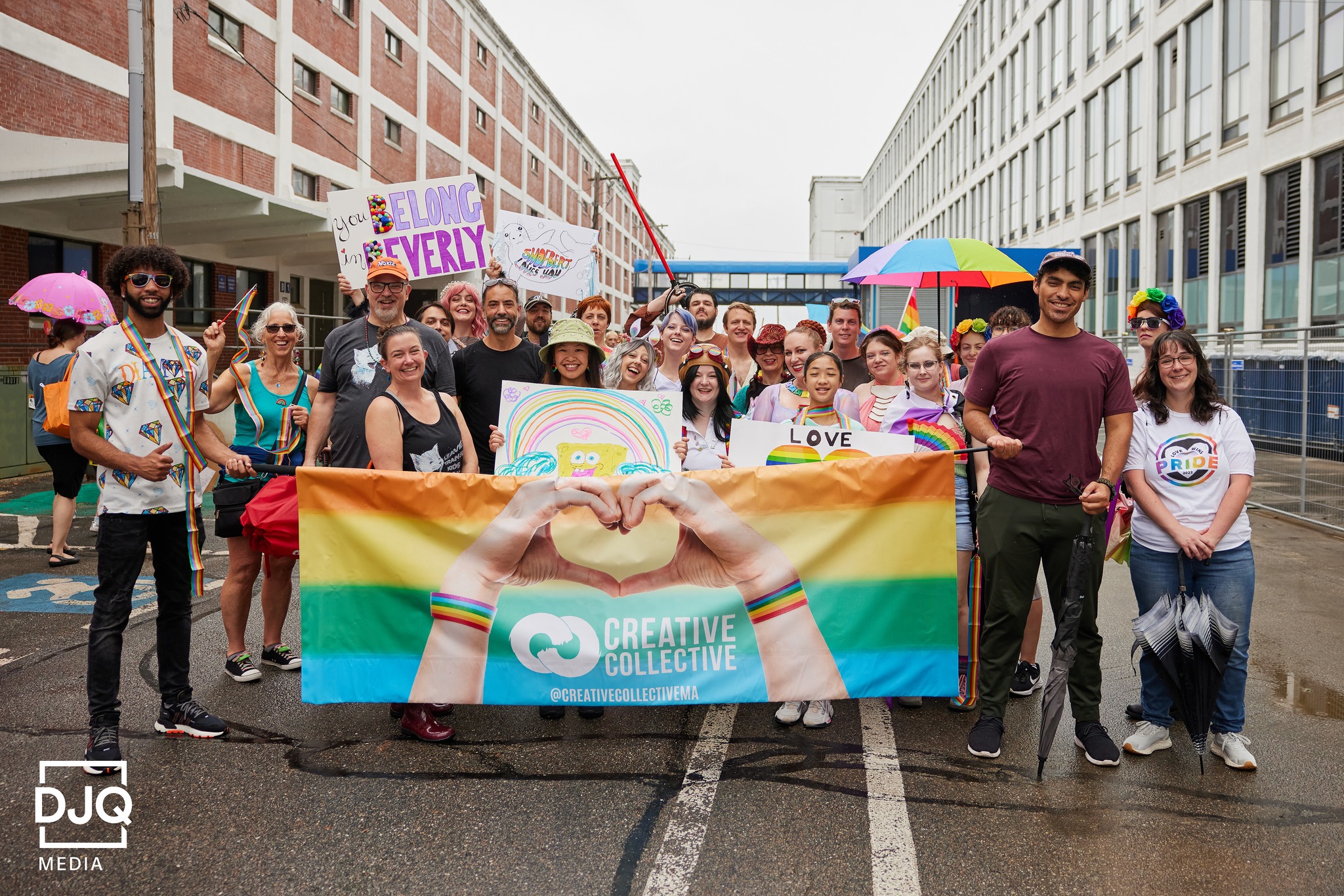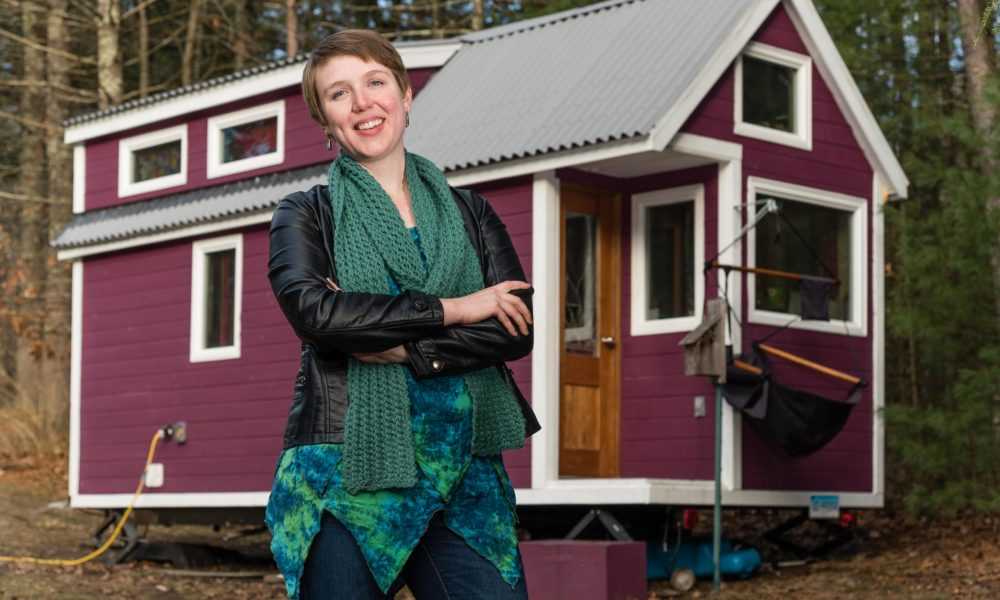
The Arts and Culture Advocacy Series features voices in the community who are actively working to promote arts and culture as an essential and valuable part of business, community, and daily life.
Tell us a bit about yourself and what role you play in the creative community?
Currently, I am working with the Essex County Community Foundation managing a two-year grant for a pilot program to strengthen the arts in Essex County. This encompassing project is in the experimental phase right now as we are trying four different programs while managing a lot of people and moving parts.
What we’re hoping to accomplish with this phase is for an extension of both the funding and of our partnership with the Barr Foundation so we can implement new ideas, spend the next three years digging in a little bit deeper, and then look to how to be sustainable beyond that time.
Why do you feel the arts, culture, and creativity are important?
They are the soul and spirit of communities, it’s art and aesthetic that make life worth living for people. Sometimes people aren’t aware when they’re necessarily having an aesthetic experience, but they do realize when they’re experiencing something that makes life better in that moment and beyond. All modes of artistic expression are a way of translating the world as we live it and experience it.
How do you feel arts, culture, and creativity most profoundly impact your personal and/or business life?
I grew up always doing art, it saved me in highschool, and then I went to art school. I probably wouldn’t have graduated high school if it weren’t for art.. I was one of the fringe kids. When I started to teach many years later I loved the fringe kids because they were really in need of art, and being able to dig in like that to something that is so personal, to develop skills around it and be able to make things happen whether its visual or musical or whatever is just so empowering for people, kids especially.
All modes of artistic expression are a way of translating the world as we live it and experience it.
Karen Ristuben
Before I rediscovered art, I practiced law for 20 years. I went from art school to law school because I needed a job and it made sense of the time. As a lawyer I really liked being able to speak for people who didn’t have a voice, but even with that I really missed my art. So eventually, I was compelled to go back. So I taught art for ten years at a highschool.
While I was doing that, I got involved with a local nonprofit arts organization called Rocky Neck in Gloucester. Over ten years we built it up, started a board, got a building, and turned it into a cultural center. It ended up becoming the heart of the cultural district in that area.
While I was teaching, working with Rocky Neck fed my soul. I had grown up in that neighborhood and being able to go back there and create this space, there was a need and I didn’t even know but I had the skills and mindset to be able to help until I just did it.
The work I’m doing now with the Essex County Community Foundation is county wide and it’s advocacy and community development through the arts. It also involves creative thinking with this group of very creative thinkers, and all my experiences with law, and creative and cultural advocacy has made this a perfect fit for me.

When you were young, was there an artist that you came in contact with that inspired you to go down this path?
When I was very young I lived next door to the portrait artist Alice Beech Winter in East Gloucester. She did a portrait of me in her garden along with all the other kids in Gloucester. I remember going into her studio and smelling the paints and seeing the magic of what she was able to do with
Additionally, between going to art school and going back later to get my MFA several years ago I was involved in a residency program at Vermont College. It was there I met Professor Roberto Ramirez from Brattleboro.
One day while I had been working with glass, the properties of glass, and the reflectivity which relates to the ocean and water, Professor Ramirez said to me: “Karen, if you’re interested in nature you ought to think about our relationship with nature, and rather than glorifying it or romanticizing it in these beautiful images, think instead about what is needed, what is most urgent.”
When he said that, it just changed everything for me. I started to really think about what was actually needed.
Share with us one event or initiative that falls under the arts, culture, creativity umbrella that you are really excited about and want to share with readers?
There’s a few of them.
First, there’s Essex County Creates which is our calendar website that Creative Collective is managing. It’s really exciting, it’s starting to take good form. It’s such a needed thing. We had this workshop going today and people were asking “How can I get the word out about my event happening in Ipswich?” or “How do we stay in touch with our work in these different communities?” So I responded, “Well, we happen to have a website and we’re building it out.” And hopefully it will be more robust over time and be more than a calendar, it will be a place of sharing.
Also, we have a number of grants out, and we’re partnering with the grantees and going to meetings with the organizing groups, periodically tracking them, and making sure they have all the resources they need to succeed in those projects.
Then we have the Cultural Planning Piece. We had 50 people in a workshop recently and the room consisted of city planners, arts leaders, the head of the Cape Ann Chamber of Commerce, business leaders, and more and they were all sitting and talking about how arts and economic development fit, how arts and community development fit, and how arts with cultural facilities can be better supported and advanced. It was wonderful to brainstorm with all these people in the same room who, although they had never met each other, they had the same interests and goals and values.
We’re providing that forum to move things forward.
What would be one thing you would like to request of future creative thinking business owners and leaders?
To think about art more broadly than we are used to thinking about art. This is a topic that came up recently about art as part of culture and not just art for its own sake. It’s also incredibly important to think about the places we live, why live there and what’s important to us in the way we live and the people, places, and things, and relationships that exist there, because that defines our culture.
If people can start to shift and think about that differently, then they’ll realize that creativity in our world will help everything they do personally and professionally.
How do you feel that being a member/partner of Creative Collective gives you the tools and support to reach your hopes and aspirations for the creative community?
There’s nobody else who could’ve done this work other than creative collective. Creative Collective is uniquely situated to be able to help with the design of the Essex County Creates website and the connections that it’s taking to get it up and running and used.
Joey Phoenix is the Managing Editor for Creative North Shore.
For questions or story ideas, please send them an email at joeyphoenix@creativecollectivema.com







